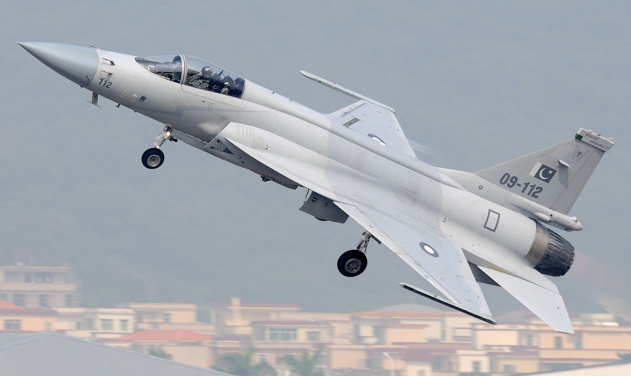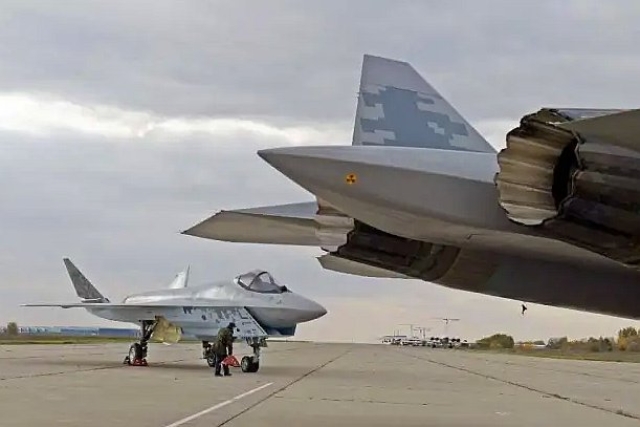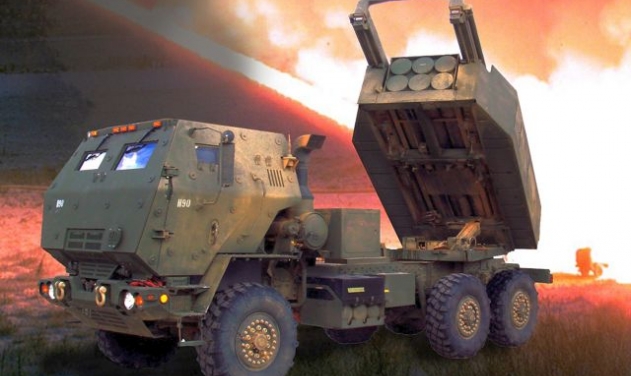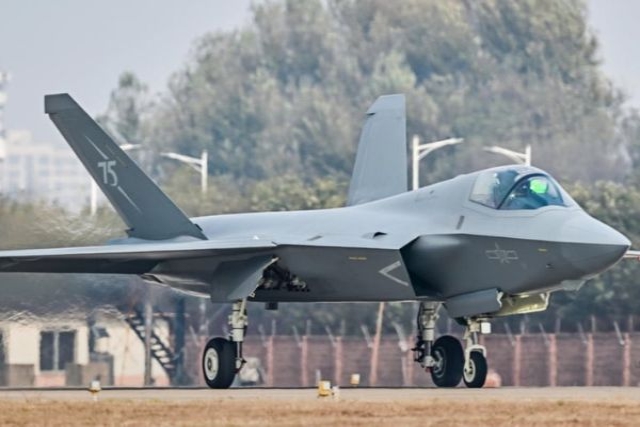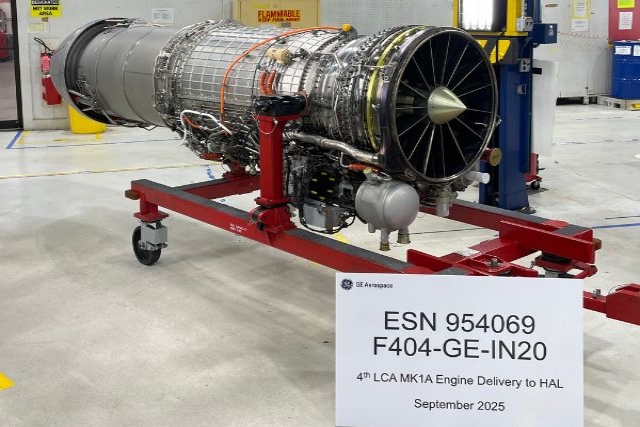Myanmar’s JF-17 Fighters Grounded Due to Technical Glitch: Opposition Newspaper
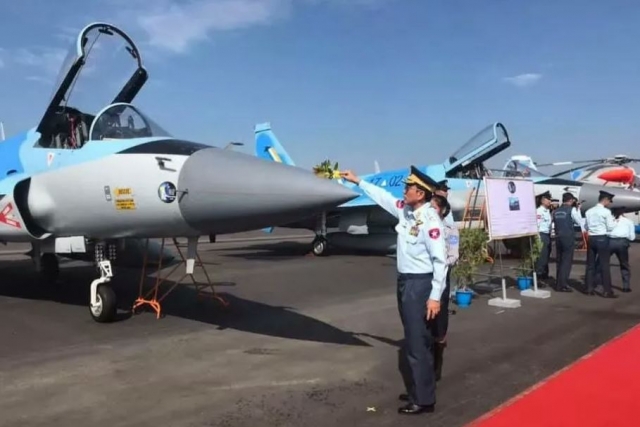
Myanmar has reportedly grounded its JF-17 Thunder aircraft, jointly manufactured by China and Pakistan, due to technical malfunctions.
The JF-17 fighters that the Myanmar Air Force commissioned four years ago have structural cracks and other technical issues, analysts and former pilots who monitor the junta’s air capabilities told The Irrawaddy. This has led the service to rely on Russian-made Yak-130 and MiG-29 fighter jets and China-made K-8 fighters.
The aircraft, which are supposed to be capable of interception, ground attack and bombing missions, have turned out to be unfit for service, and the Myanmar military lacks the technical expertise to fix the problems, they added.
Myanmar reportedly inked a deal in early 2016 to procure 16 JF-17s from China at a cost of $25 million each. A first batch of six aircraft were delivered to the Air Force in 2018, but details about the other 10 are not yet clear. The deal made Myanmar the first country outside China and Pakistan to buy JF-17s.
JF-17 losing the “Thunder”?
Myanmar regime chief Min Aung Hlaing put four of the malfunctioning JF-17 fighters into commission at a ceremony at the Meiktila air base in December 2018, the report said. Two more were commissioned in December 2019 as the Air Force celebrated the 72nd anniversary of its founding.
The aircraft is jointly manufactured by Chengdu Aerospace Corporation of China and Pakistan Aeronautical Complex (PAC). They are equipped with Western avionics and powered by the Russian Klimov RD 93 aeroengine, and set up on a China-made airframe, according to analysts. They can be armed with air-to-air mid-range guided missiles, 80-mm and 240-mm rockets, and 500-lb bombs.
Analysts told the news outlet that the JF-17’s China-made KLJ-7 Al radar has poor accuracy and maintenance problems. The aircraft does not even have an effective beyond-visual-range (BVR) missile or airborne interception radar.
Malfunction of the Weapon Mission Management Computer has caused launch zones of BVR air-to-air missiles to shrink during combat exercises, according to experts.
Furthermore, the airframe is vulnerable to damage, especially in its wingtips and hardpoints, when the aircraft encounters strong gravitational forces, according to a former pilot of the Myanmar Air Force.
Adding to the long list of problems is another – Myanmar has no spare parts for the JF-17 because West-supplied avionics and electronics were restricted to the country following the coup.
The trade embargo also makes it impossible for the Myanmar military regime to directly buy missiles and bombs for its JF-17s. The regime has reportedly held talks with Pakistan to order air-to-surface missiles, bombs and rockets. Around May this year, a cargo plane from Pakistan loaded with JF-17 spare parts landed in Myanmar.
Technicians from the Pakistan Air Force made a secret visit to Myanmar in September during which they set up a JF-17 simulator for Myanmar pilots at Pathein air base, and also solved some technical problems. A JF-17 weapons system officer however said the weapons system of the JF-17 is too technically complex for Myanmar pilots to handle, according to former pilots.
